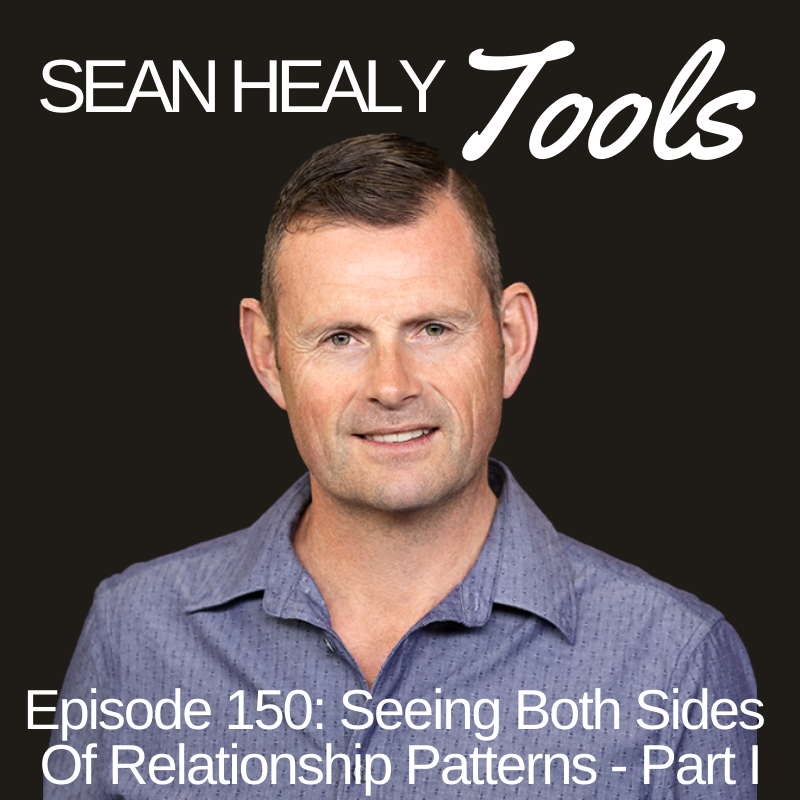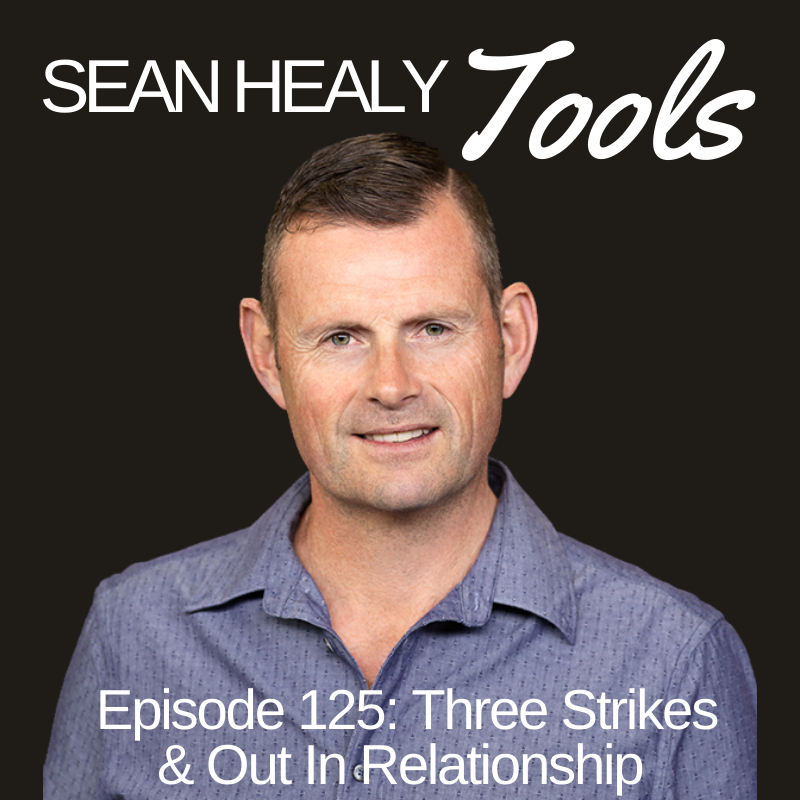The dangers of polarisation in different life areas
How are you showing up over the areas of your life? Does your business, job, career consistently get the best of you? If you end up over time giving all your energy, focus, attention, empathy and patience to your work environment then what comes home?
Whilst listening to an episode of Esther Perel's podcast series How's Work, she mentioned the idea of work getting Best Self and home getting Worse Self or something to that effect. This to me fitted alongside the idea of Over Functioning at work and Under Functioning at home, just a different angle. I highly recommend both Esther's podcast series by the way!
Even the most healthy personal relationships experience ups and downs. This means that we need to be mindful about what our personal life and those in it are getting from us. Home should be a place to rest, renew and drop the public persona. If however that is all we end up doing there then chances are things are going to decline.
A certain amount of time, energy, joy and enthusiasm needs to be invested in a life area if we want it to continue to thrive. This episode looks at the danger of becoming polarised in how we show up in certain life areas. This area to me can be a real blindspot for some and I hope this episode helps.






















